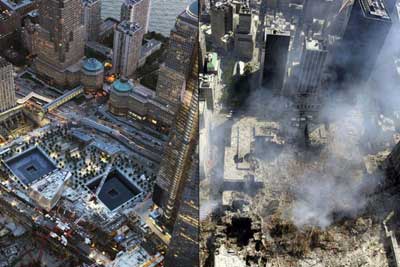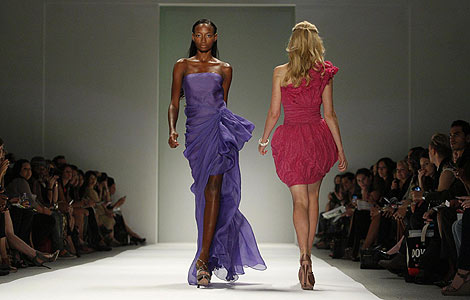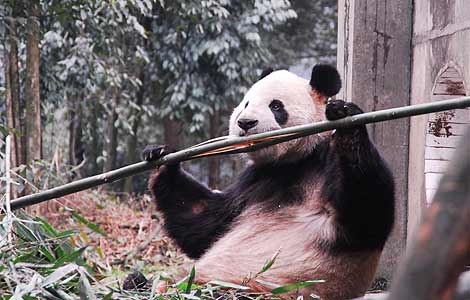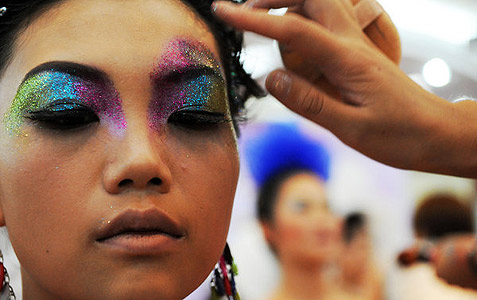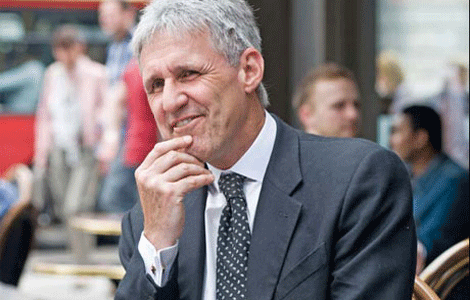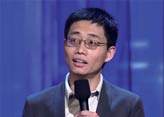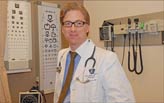BBC reporter recalls harrowing day at attack's center
Updated: 2011-09-11 07:43
By Zhang Haizhou (China Daily)
|
|||||||||
LONDON - As a reporter, Stephen Evans was lucky to be at the center of the largest news story so far of the 21st Century. Yet as a human being, he was deeply saddened to see the immeasurable loss of life that was brought on by the terrorist attacks on Sept 11, 2001, in New York City.
"Clearly, every journalist wants to cover a big story, but I don't think I relished the event," Evans, 57, said nearly 10 years after the attacks. "I also felt like a New Yorker and I felt it was a personal and outrageous attack on me."
Nearly 3,000 victims, including residents of more than 70 countries, died on one of the darkest days in US history. Most of them were killed after the twin towers of the World Trade Center were hit by two hijacked passenger planes and collapsed.
Evans, who was then the North America business correspondent for the British Broadcasting Corp, was on the ground floor of one of the towers when the planes struck at 8:46 am. Speaking recently, he said he can still recall that day vividly and agreed to reflect on how it has affected him 10 years later.
On the morning of Tuesday, Sept 11, 2001, commuters in downtown Manhattan were traveling on the crowded routes they take every weekday to work.
The place where rush hour traffic was perhaps busiest was to be found in the direction of the Twin Towers, the workplace of 50,000 employees and another 200,000 who would pass through the buildings on business each day.
"It was a very bright, blue day with a hint of autumn in the air," Evans recalled. "Lower Manhattan was quite busy with people walking to their work, but there weren't great crowds of people there."
That morning, he was to cover a meeting of economists in the trade center's south tower at 9:30 am. He had arrived early and was sitting in a chair on the ground floor, reading a newspaper, when a loud noise was heard coming from the direction of the north tower.
"There was an almighty crash and smoke started coming through the lobby where I was," he said. "So I left through the other side, away from the north tower, where the first attack happened."
"I looked up at the north tower behind me and saw the flames. But, even then it didn't register on me what had happened. The event was too incredible to be believed."
Evans' journalistic instincts, though, soon told him what he was seeing was important - indeed momentous. His next move was to head to a newsstand across the road and use the phone there to call his news desk in London.
Just after 9 am, when the second plane struck, hitting the south tower, Evans was in the middle of being interviewed.
"It was obviously something major, but it still had this air of unreality, as though it was a film set," he said, adding he thought "it's all safe and under control" when he saw a line of fire trucks and ambulances along the street.
"And then the south tower collapsed," he added.
Evans said he didn't see the second plane strike because he was facing a camera when that occurred. "What I do remember was the south tower falling behind me, and being frightened that the dust and debris was coming at me faster than I could run. But that was only for a moment - until I realized it would stop short of me."
The phone was then cut off and Evans had to move on. He rushed into an empty shop containing many phones and tried to get a call through on an outside line but was unsuccessful.
When asked if the tragedy had permanently changed his views, Evans said it had "hardened my politics".
"I am not tolerant of any view that 'America had it coming'," he said. "It was out and out evil of a fascist nature - an attempt by a small, unelected group of people to dominate a large group by means of violence. They wanted to change our system. We have to stop them."
Oliver Blears contributed to the story.
China Daily
